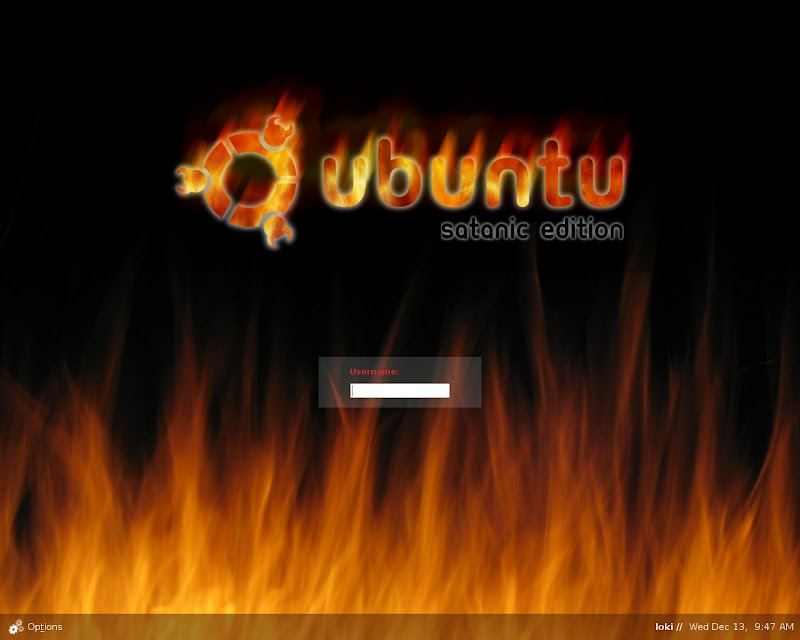I just read an interesting op-ed piece in the New York Times written by Timothy B. Lee about the evolution of Microsoft’s view on software patents:
WHAT a difference 16 years makes. Last month, the technology world was abuzz over an interview in Fortune magazine in which Bradford Smith, Microsoft’s general counsel, accused users and developers of various free software products of patent infringement and demanded royalties. Indeed, in recent years, Mr. Smith has argued that patents are essential to technological breakthroughs in software.
Microsoft sang a very different tune in 1991. In a memo to his senior executives, Bill Gates wrote, “If people had understood how patents would be granted when most of today’s ideas were invented, and had taken out patents, the industry would be at a complete standstill today.” Mr. Gates worried that “some large company will patent some obvious thing” and use the patent to “take as much of our profits as they want.” (Quote from Timothy B. Lee in the NYT)
Interesting, but not entirely unexpected, change of heart.
I also read the rest of the Bill Gates’ memo in addition to what was quoted by Lee. Here’s the entire patent section of the memo:
PATENTS: If people had understood how patents would be granted when most of today’s ideas were invented, and had taken out patents, the industry would be at a complete standstill today. I feel certain that some large company will patent some obvious thing related to interface, object orientation, algorithm, application extension or other crucial technique. If we assume this company has no need of any of our patents then the have a 17-year right to take as much of our profits as they want. The solution to this is patent exchanges with large companies and patenting as much as we can. Amazingly we havn’t done any patent exchanges tha I am aware of. Amazingly we havn’t found a way to use our licensing position to avoid having our own customers cause patent problems for us. I know these aren’t simply problems but they deserve more effort by both Legal and other groups. For example we need to do a patent exchange with HP as part of our new relationship. In many application categories straighforward thinking ahead allows you to come up with patentable ideas. A recent paper from the League for Programming Freedom (available from the Legal department) explains some problems with the way patents are applied to software. (Quote from a Bill Gates Memo)
Microsoft is saying that there are “problems with the way patents are applied to software”, but the “solution to this is patent exchanges with large companies and patenting as much as we can.” In other words, Microsoft planned to patent as much as they could to avoid having other companies take advantage of them. It is interesting to see their current behavior toward the Linux and open source community in light of these 1991 views.
Our current patent system stifles innovation from smaller companies and organizations without large patent portfolios at their disposal (like many Linux and open source projects). The patent process is also expensive, thus rewarding large companies who can afford to have a staff of patent lawyers. I have not entirely decided whether software patents are a really bad idea in general (I suspect that they are). I do think that we need significant patent reform and better reviews of existing and proposed patents by industry experts who have the knowledge to determine whether or not a patent is obvious.

